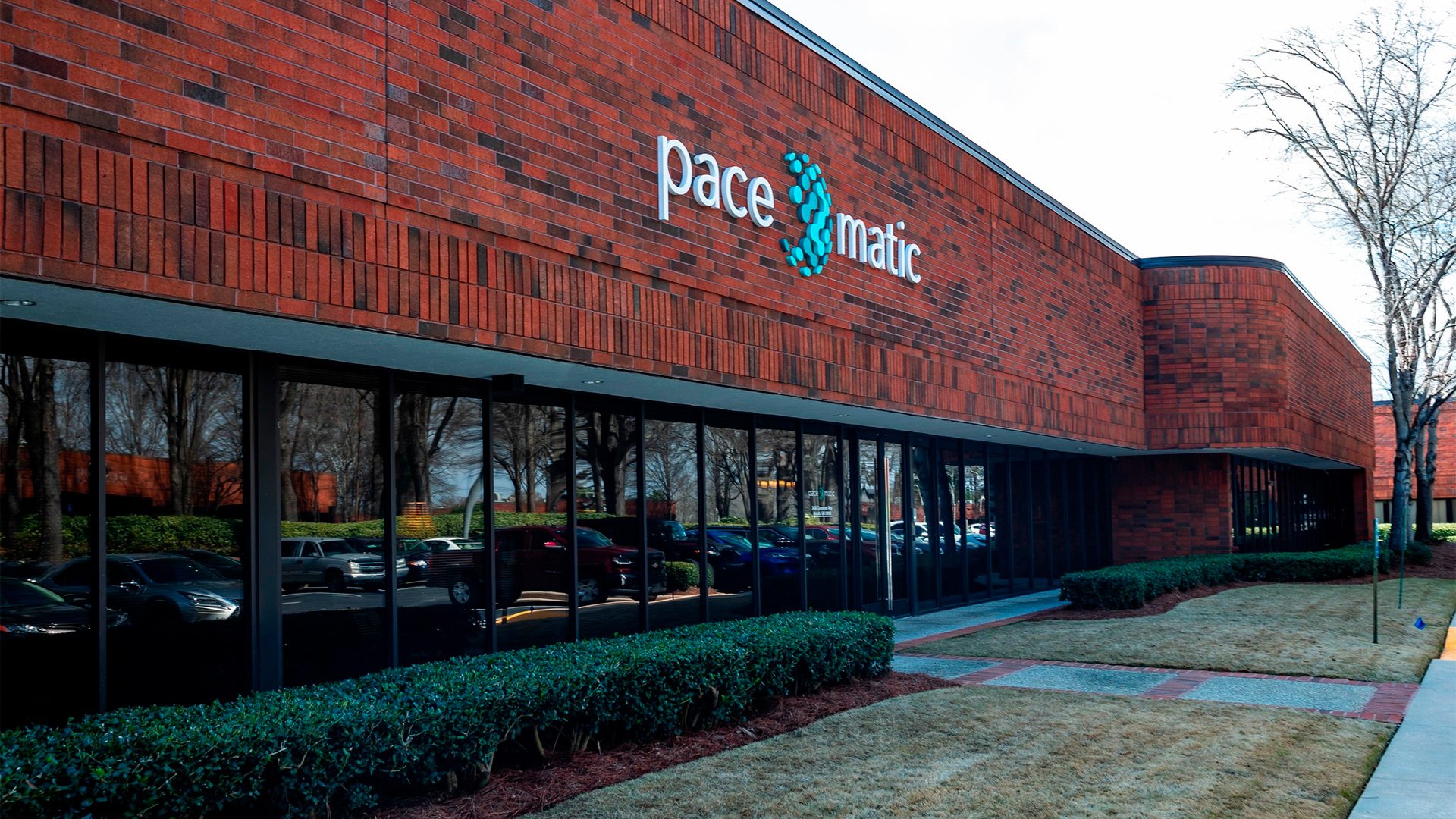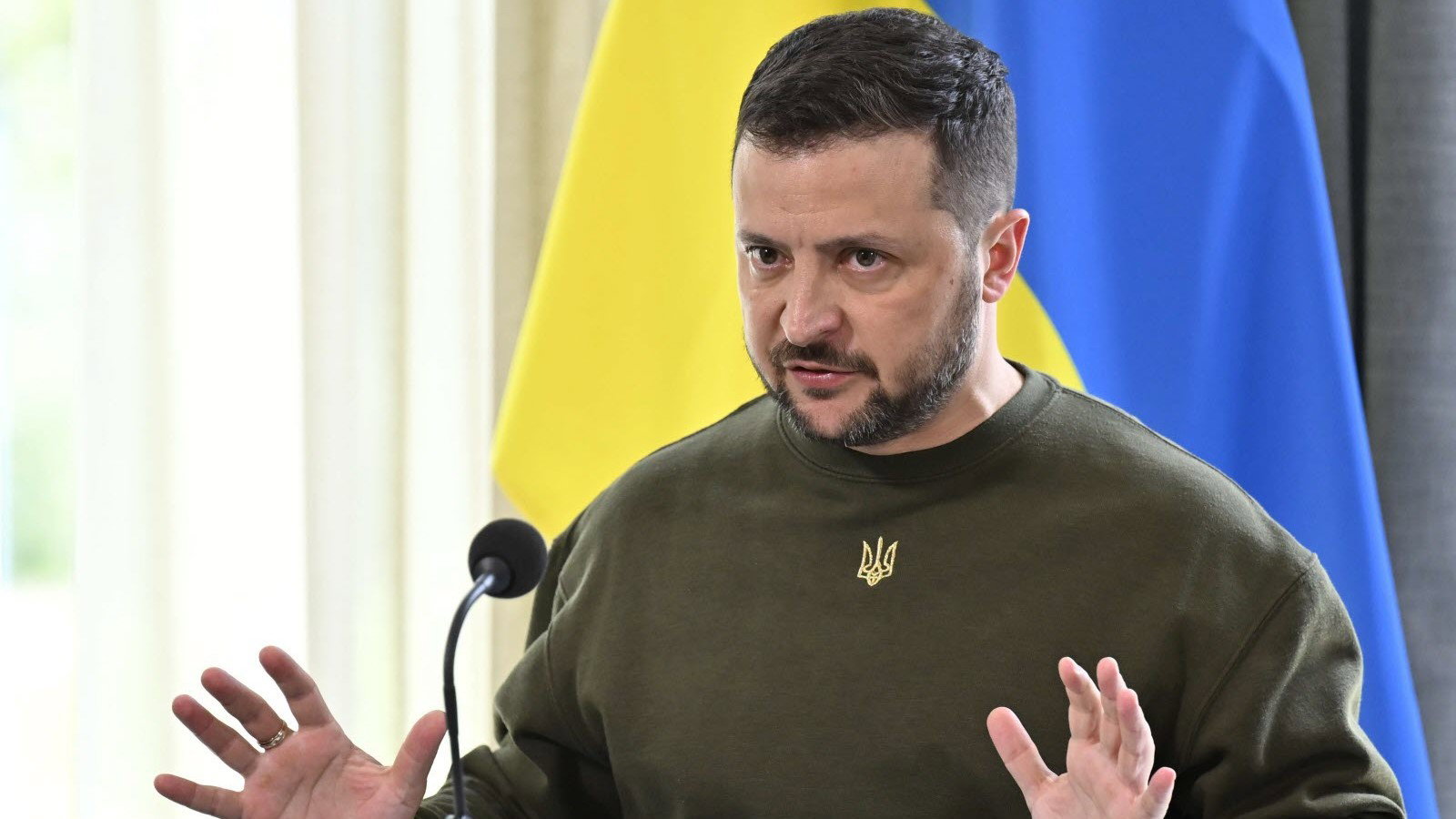Virginia sports betting handle surges by 10.4% in July, hitting $293.6 million in wagers

Virginia's sports betting activity experienced a notable upswing in July 2023, marking a 10.4% increase compared to the corresponding month in 2022, but an 8.8% monthly decline. The data unveiled by the Virginia Lottery reveals that the state witnessed a total of $293.6 million in wagers between July 1 and July 31, 2023, with bettors netting a combined total of $261.1 million in winnings.
Of the sports gaming handle, mobile operators accounted for $290.9 million and casino retail contributed $2.6 million, 8News reported. The adjusted gross revenue (AGR) for the period totaled $28.2 million with mobile operators generating $27.6 million and casino retail activity contributing $579,077.
Retail sportsbooks kept 23% of their wagers while online books held 11%. Despite a lower handle, the 1% increase in hold helped the commonwealth increase its monthly tax bill.
With regard to the tax implications of this activity, the Virginia Lottery reports that a sum of $4.1 million was paid in taxes for July 2023. Of this amount, 97.5% has been allocated to Virginia's general fund while the remaining 2.5% has been designated for problem gambling treatment and support.
The legalization of sports betting in Virginia in 2020 was motivated by the intention to convert underground gambling into a substantial source of tax revenue. The Joint Legislative Audit and Review Commission initially projected an annual tax revenue of up to $55 million, with a monthly average of $4.58 million.
However, in 2022, Virginia legislators observed that the tax revenue fell short of expectations, particularly in June 2022, when taxes amounted to only $1.8 million. According to the 8News report, this shortfall was attributed to a legislative loophole that allowed sports betting operators to offer enticing incentives to attract new bettors without incurring taxes on these promotions.
“In the original legislation, we made a mistake by saying they could deduct. I believe it’s a totally inappropriate role of government to be encouraging people to gamble,” Del. Mark Sickles (D-Fairfax) said in 2022. As part of a budget agreement, this loophole was closed in July 2022.

















































